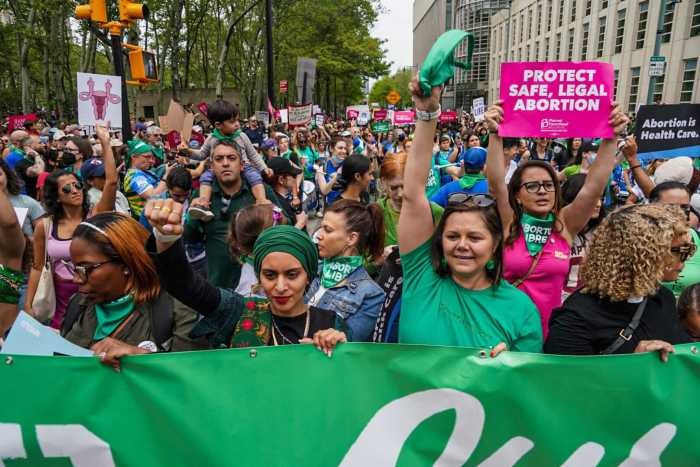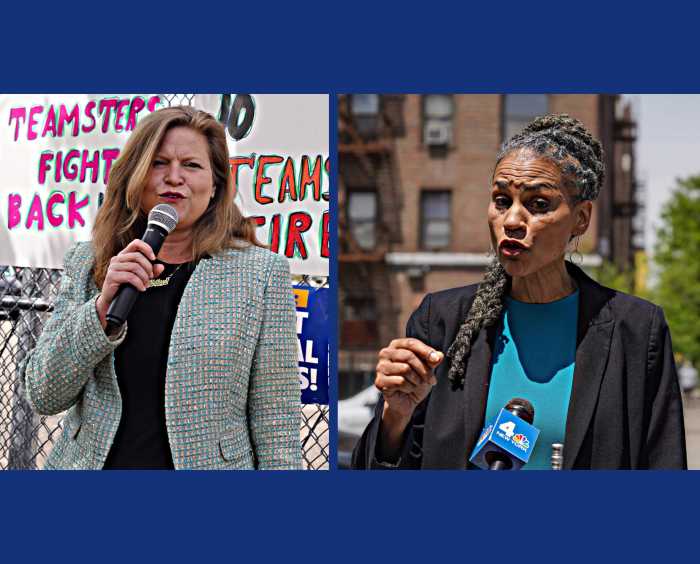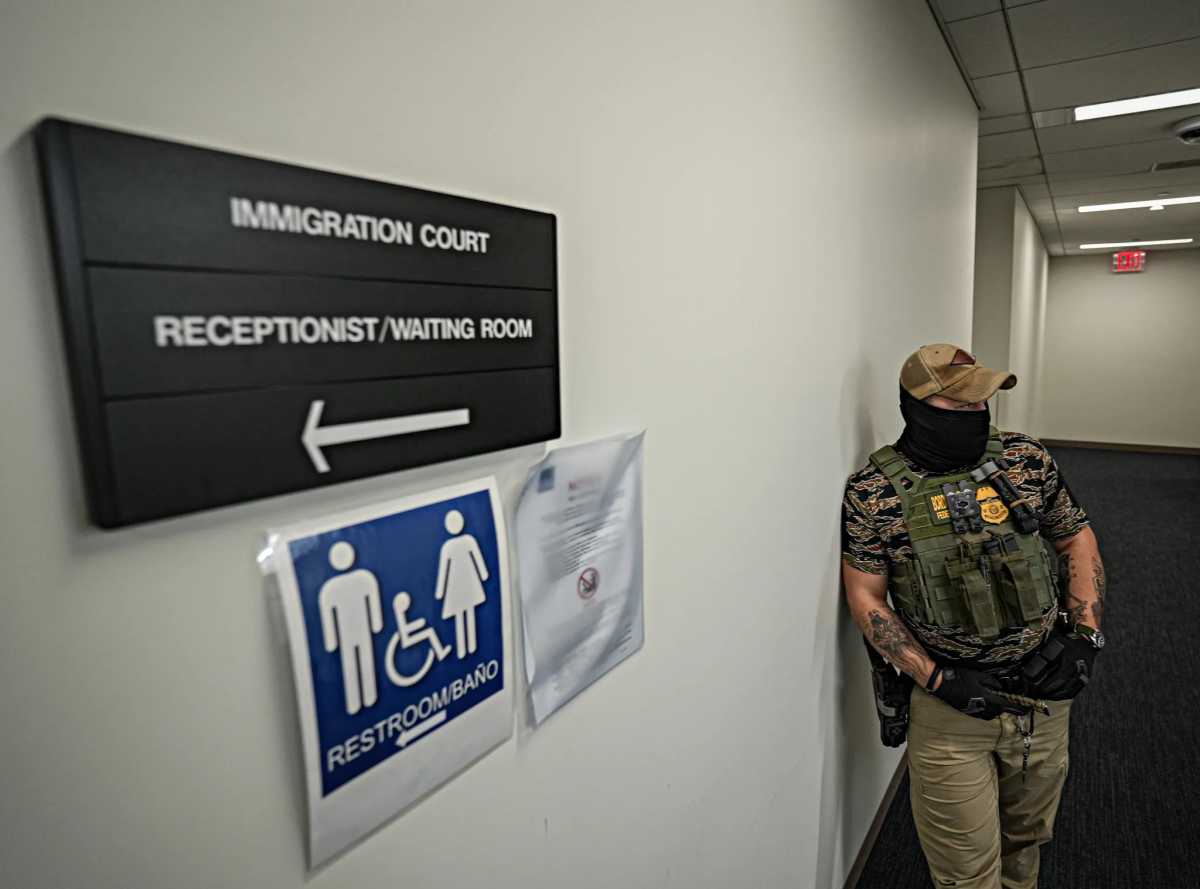New York’s wrongful death laws were written in 1847, the same year the first women’s rights convention was held in Seneca Falls.
At that convention, an agenda was set for the women’s rights movement, and 12 resolutions, calling for equal treatment of women, were adopted. The Declaration of Sentiments, as it was called, set forth an ambitious plan. Among the resolutions is one noting that women, “if married, in the eye of the law [are] civilly dead.”
Last week, on the 175th anniversary of the convention, Governor Kathy Hochul stood in Seneca Falls and delivered remarks that included support for modern-day, federal movements like the Equal Rights Amendment, or ERA.
While I support these federal measures, I believe there is a gaping hole closer to home that we must close. New York’s law, as it pertains to wrongful death cases, was enacted at a time when women had no legal autonomy or suffrage, and has for more than 175 years denied families who suffer the loss of a loved one a claim for emotional grief and anguish.
A broad coalition of advocates, including the NAACP, AARP, New Yorkers Against Gun Violence, Transportation Alternatives and Safe Horizon, are championing a reform to the law called the Grieving Families Act. The Act gives women and people of color greater access to equal justice under the law, closing the 1847 legal loophole that stratified wrongful death cases by race and gender.
The Grieving Families Act, in 2022, sailed through both houses of the Legislature, receiving overwhelming bipartisan support – something rarely seen in Albany. But, in January, Governor Hochul issued a veto to kill the bill, which would have updated the antiquated law to be in line with most other states.
On the same day her pen laid rest to the act, she used it to write an op-ed noting that the 1847 law “reinforces historic patterns of structural inequity and racism.” And so it still does to this day. An amended bill has passed the litmus test of both chambers and now awaits her signature.
Hochul, who is the first woman to govern the state, and one of only twelve female governors across the country, has by all accounts supported women’s rights, not only in breaking the glass ceiling herself, but through her ardent support of expanding reproductive rights, and efforts to strengthen paid family leave.
But, her veto was a missed opportunity to champion equality in the courtroom – the place where those women and men in Seneca Falls most desperately wanted change.
Historically, civil justice laws saw women – and especially women of color – as inferior to men. One clear example is in loss of consortium cases. Up until the 1950s, loss of consortium, or the deprivation of the benefits of a family relationship, including affection and sexual relationship, was something only a husband could make a claim for, in response to serious or fatal injury to his wife that was another person’s fault. A wife had no claim, and the law left out entirely unwed women, same-sex partners, and all other non-traditional relationship structures.
To this day, a woman’s life tends to be valued less in these cases than a man’s, because the law in New York asks only one question: What was their income? Actuarial tables, which are widely used by insurance companies to determine loss of future earnings, are inherently reflective of the race and gender wage gaps. And so a Black woman’s estate on average will come to less than even a white woman’s.
The Grieving Families Act reforms the law in several ways: it allows New Yorkers to recover for emotional losses and in doing so, it gives some measure of value to women’s lives in a way that actuarial tables don’t consider.
According to the Pew Research Center, in 2022, Black women earned 70% as much as White men and Hispanic women earned only 65% as much. We must not only close this gap for the living – we must bring justice to family members of the bereaved.
The pioneers of the women’s rights movement would be appalled to learn that our great state, which hosted the very first convention for our cause, has, in failing to reform this law, denied us yet another form of equality under the law.
Governor Hochul, we cannot overstate the rightness of a woman’s signature correcting this unfair law. Please, use your pen to change this once and for all.
Kimberly Jean-Pierre is Chair of the New York State Legislative Women’s Caucus. She represents the 11th Assembly District.































